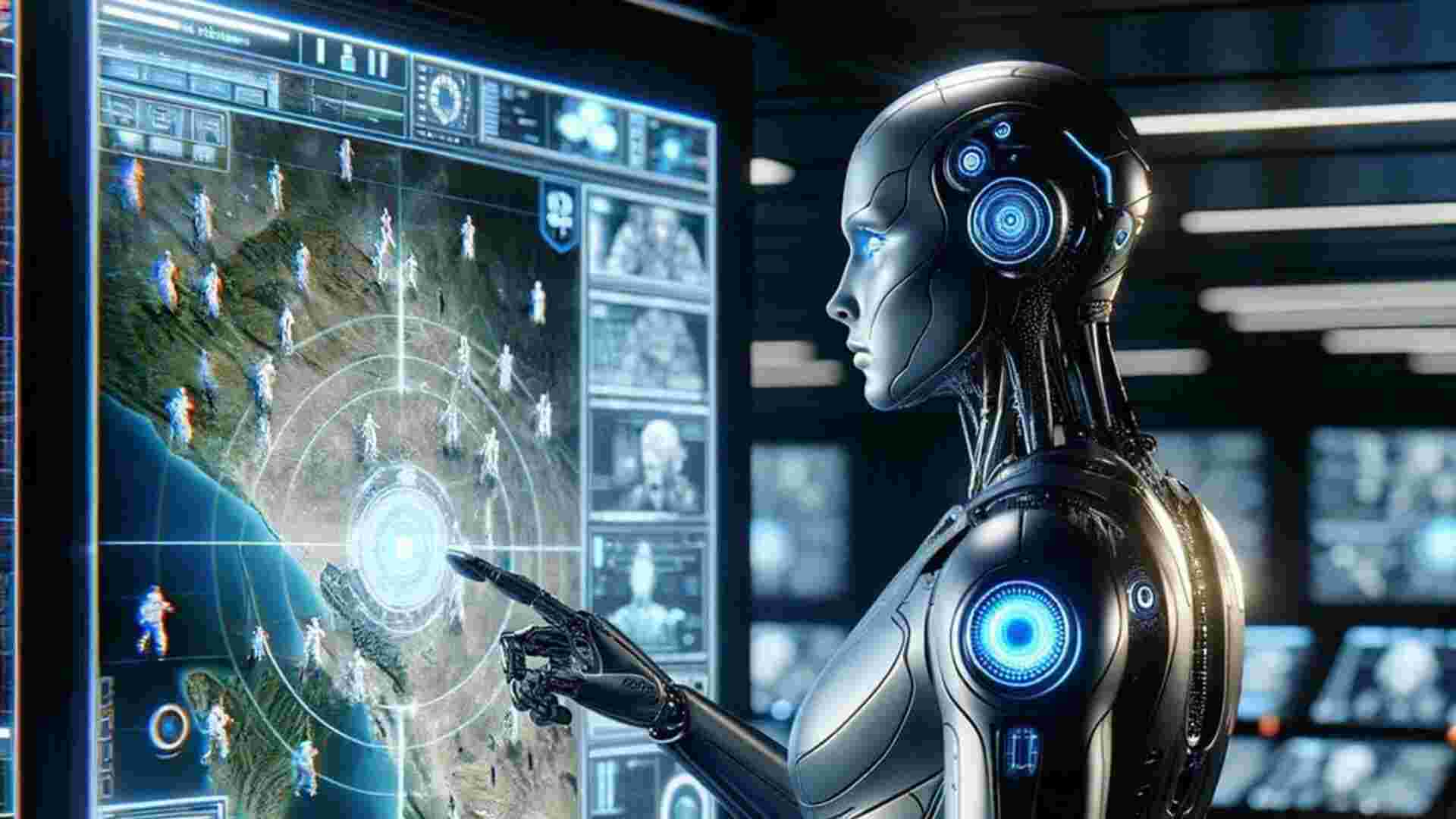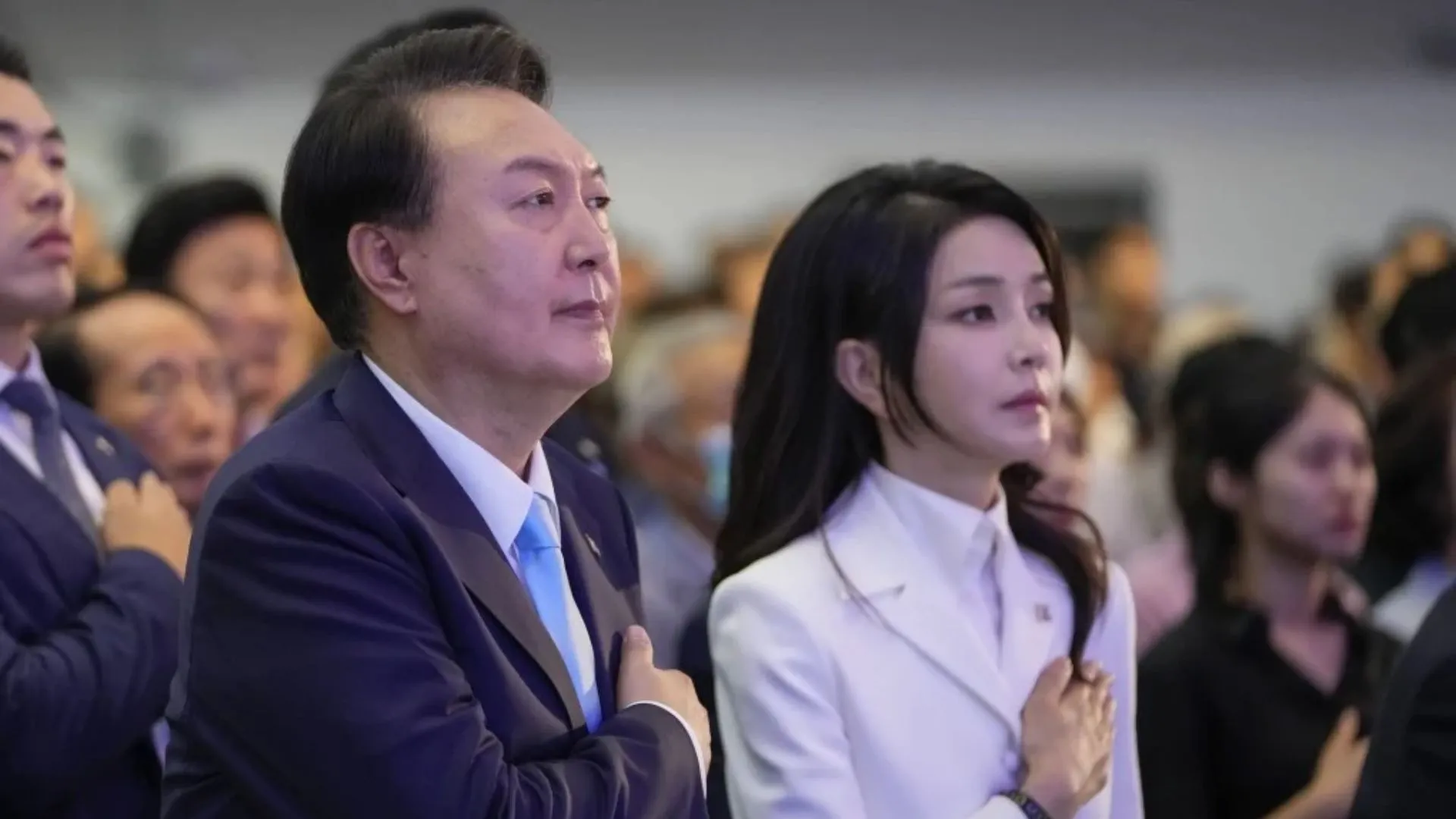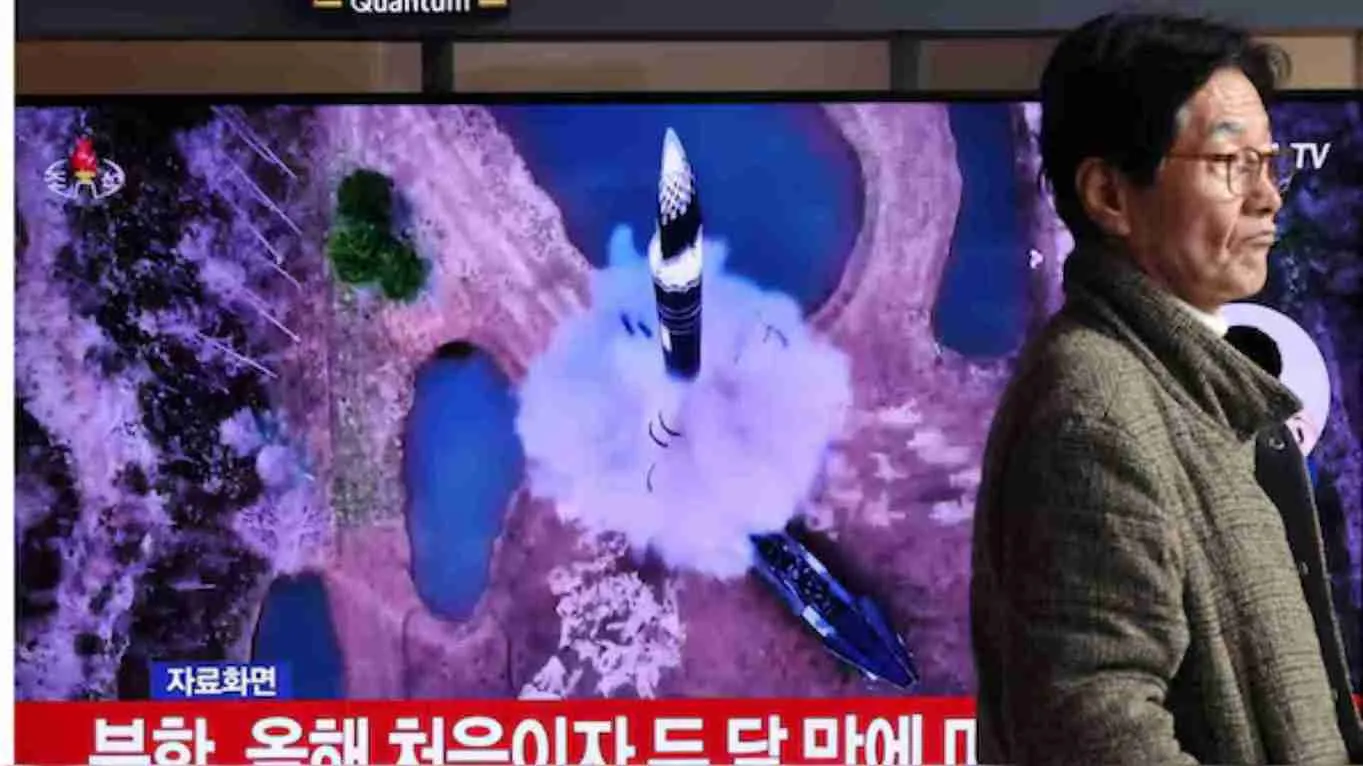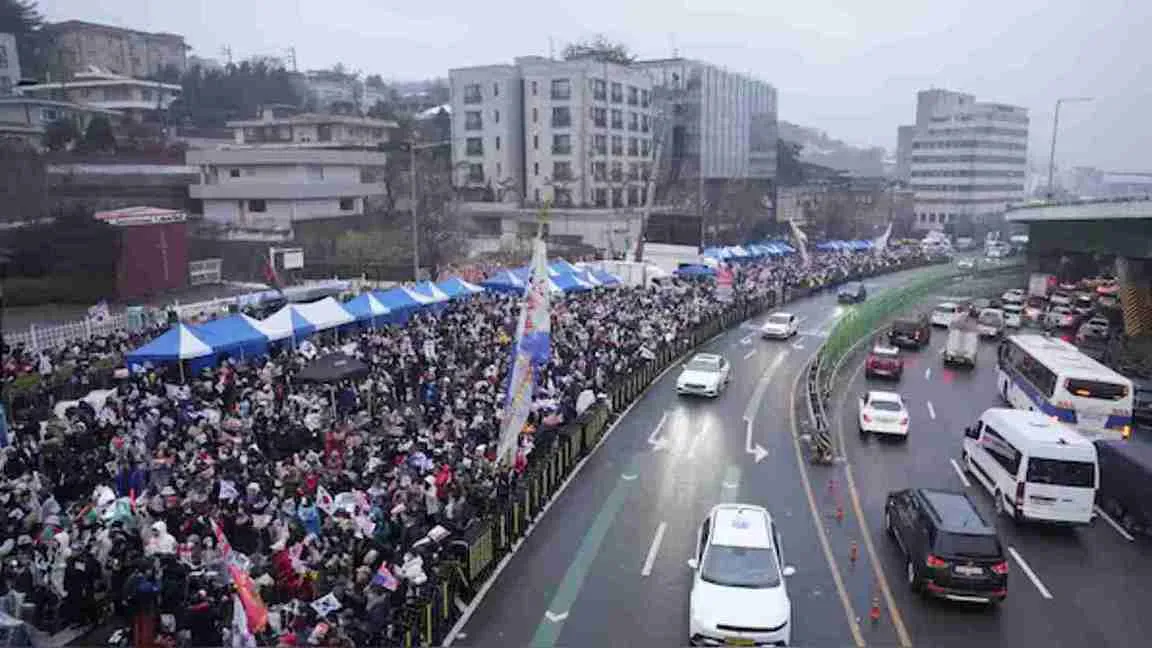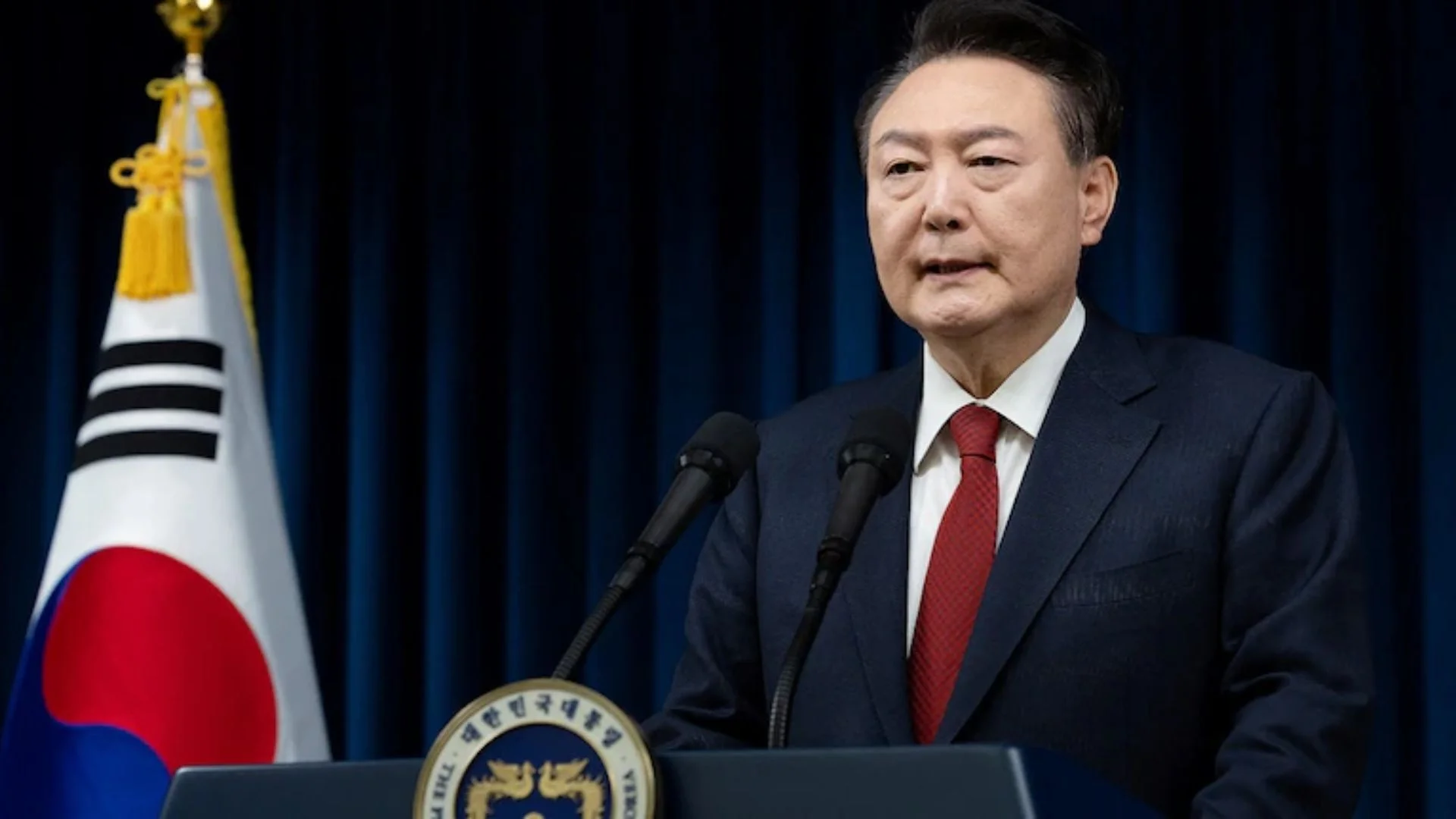Chinese laboratories have achieved a significant breakthrough with the creation of an AI commander. Although stringent regulations prohibit AI from controlling military forces, this innovation signifies a notable advancement in China’s military technology.
Developed at the Joint Operations College of the National Defence University in Shijiazhuang, Hebei province, this “virtual commander” is engineered to closely resemble human behavior. According to the South China Morning Post, this AI not only mimics human experience and thought processes but also replicates personality traits and human flaws. However, it remains strictly confined to the laboratory for now.
In large-scale computer war games involving all branches of the People’s Liberation Army (PLA), the AI commander assumes the role of a supreme commander, making major decisions and adapting swiftly to evolving scenarios.
A core principle in China dictates that “The Party commands the gun,” meaning that only the Central Military Commission of the Communist Party of China can direct the PLA’s actions. Despite the advancement of AI technology and the increasing operational autonomy of units like drones, ultimate command authority remains with humans.
The PLA faces a challenge due to the limited number of senior commanders available for war simulations, which require quick decision-making in response to unforeseen events. This shortage makes it difficult for human commanders to participate in numerous simulations.
Researchers have noted that the current joint operations simulation system is ineffective due to the lack of command entities at the joint battle level. The AI commander addresses this gap by taking over when human commanders are unavailable, participating in large-scale virtual battles and exercises.
In the lab, the AI commander operates independently, making decisions without human input. Unlike traditional methods that rely heavily on analysis, this AI uses empirical knowledge, recalling similar past scenarios and quickly devising effective plans. To simulate human forgetfulness, scientists have limited its memory capacity, causing some older information to be purged as new data is acquired.
The AI commander enables the PLA to conduct many “human-out-of-the-loop” war simulations, identifying emerging threats, creating strategies, and making optimal decisions based on the current situation. This autonomous operation allows for repeated experimentation and high efficiency.
Additionally, the AI continuously learns from both successes and failures, ensuring it remains effective and up-to-date with the latest tactical knowledge.
The development of the AI commander represents a significant milestone, highlighting China’s commitment to integrating advanced AI into its military. While currently limited to lab simulations, the potential applications in real-world scenarios could revolutionize military operations. As AI technology continues to evolve, balancing human and AI command will be a crucial area of focus for future research and policy development.

